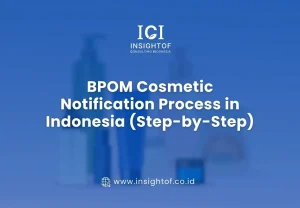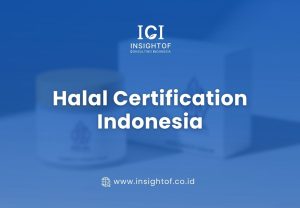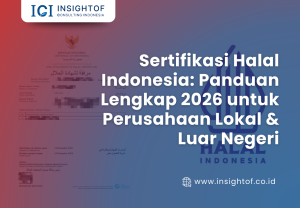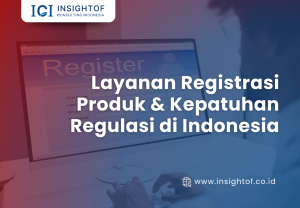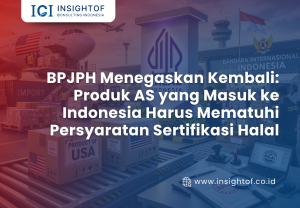Indonesia’s food and beverage market is one of the largest in Southeast Asia, attracting both local producers and international exporters. However, before your products can be sold in Indonesia—whether manufactured locally or imported—they must be registered with BPOM (Badan Pengawas Obat dan Makanan / The Indonesian National Agency for Drug and Food Control).
This process ensures product safety, quality, and compliance with Indonesian regulations. In this guide, we explain how food registration and beverage registration work in Indonesia, what documents you need, and how long the process takes.
Who Needs to Register Food and Beverages in Indonesia?
Registration is required for:
- Local manufacturers producing food and beverages within Indonesia.
- Importers or distributors bringing products from overseas into the Indonesian market.

Imported food products receive an ML (Makanan Luar Negeri) number, while locally produced items are assigned an MD (Makanan Dalam Negeri) number.
Food and Beverage Registration Process
The registration process involves several steps:
- Appoint a Local Registrant – Only an Indonesian company (importer, distributor, or representative office) can register your product.
- Prepare Documentation – This includes administrative, technical, and safety documents.
- Submit Online via BPOM e-regRBA – The system is used for application submission and review.
- BPOM Review – Authorities may request clarification or additional documents.
- Approval & Issuance of ML/MD Number – Once approved, your product can enter the Indonesian market.
Required Documents for BPOM Registration
Common documents include:
- Letter of Authorization (LoA) from the manufacturer, notarized.
- Company licenses (SIUP/NIB/API).
- Tax ID (NPWP) of the importer.
- Product composition & specifications.
- Certificate of Free Sale or Health Certificate.
- HACCP, GMP, or ISO 22000 certifications.
- Laboratory test results (microbiology, nutrition, heavy metals).
- Bahasa Indonesia product label.
- Halal certificate (mandatory for certain categories).
Timeline
- Timeline: 2–3 months for low-risk products; 3–6+ months for high-risk products or incomplete submissions.
- Validity: ML/MD numbers are valid for 5 years and can be renewed.
Halal Certification Requirement
As of 17 October 2024, Halal certification is mandatory for food and beverages sold in Indonesia. For imported products, the rule becomes fully enforced on 17 October 2026. Certification must be issued or registered with BPJPH (under the Ministry of Religious Affairs).
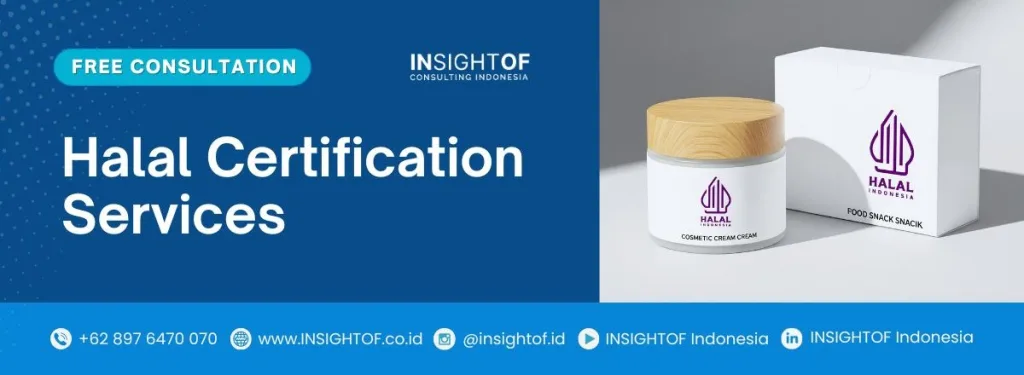
Labeling Rules
All labels must follow Indonesian regulations, including:
- Product name in Bahasa Indonesia.
- Ingredients list.
- Net weight or volume.
- Production and expiry dates.
- Manufacturer and importer details.
- Nutrition facts (if applicable).
- BPOM registration number (ML/MD).
- Halal logo (if certified).
Foreign languages are allowed, but Indonesian must be present and meet specific requirements.
Why Work with a Professional Consultant
Navigating BPOM registration can be complex—especially for importers unfamiliar with Indonesian regulations. A professional consultant can:
- Assist with document preparation and translation.
- Communicate with BPOM on your behalf.
- Ensure your label design complies with local standards.
- Help reduce delays and avoid rejection.
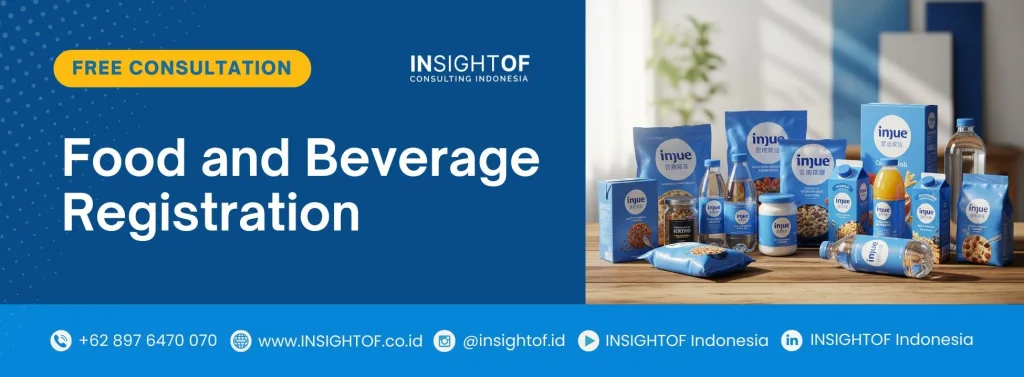
Conclusion
Registering food and beverages with BPOM is a legal requirement in Indonesia. Whether you are a local producer or an overseas exporter, understanding the process, preparing the correct documents, and meeting labeling requirements are essential to entering the Indonesian market successfully.
FAQs
Can I register my food product without a company in Indonesia?
No. You must have an Indonesian company (importer, distributor, or representative office) to act as your local registrant.
Is BPOM registration required for raw food ingredients?
Not always. Raw agricultural products may fall under the Ministry of Agriculture regulations instead of BPOM, depending on the product type.
What happens if I sell without BPOM registration?
Selling unregistered food or beverages in Indonesia can result in fines, product seizures, and legal sanctions.
Can I use the same ML/MD number for different products?
No. Each product variant (flavor, size, formulation) must have its own BPOM registration number.
Do I need to renew my registration if I change the product label?
Yes. Major label changes, especially those affecting product claims, ingredients, or branding, require BPOM notification or re-registration.
Help Navigating Indonesian Registration?
If you’re developing or distributing food and beverages in Indonesia, partner with INSIGHTOF to ensure a smooth and compliant registration process—backed by deep local expertise and experience in BPOM regulations.
Do you need assistance registering your product in Indonesia?
Contact us today to start your registration process.
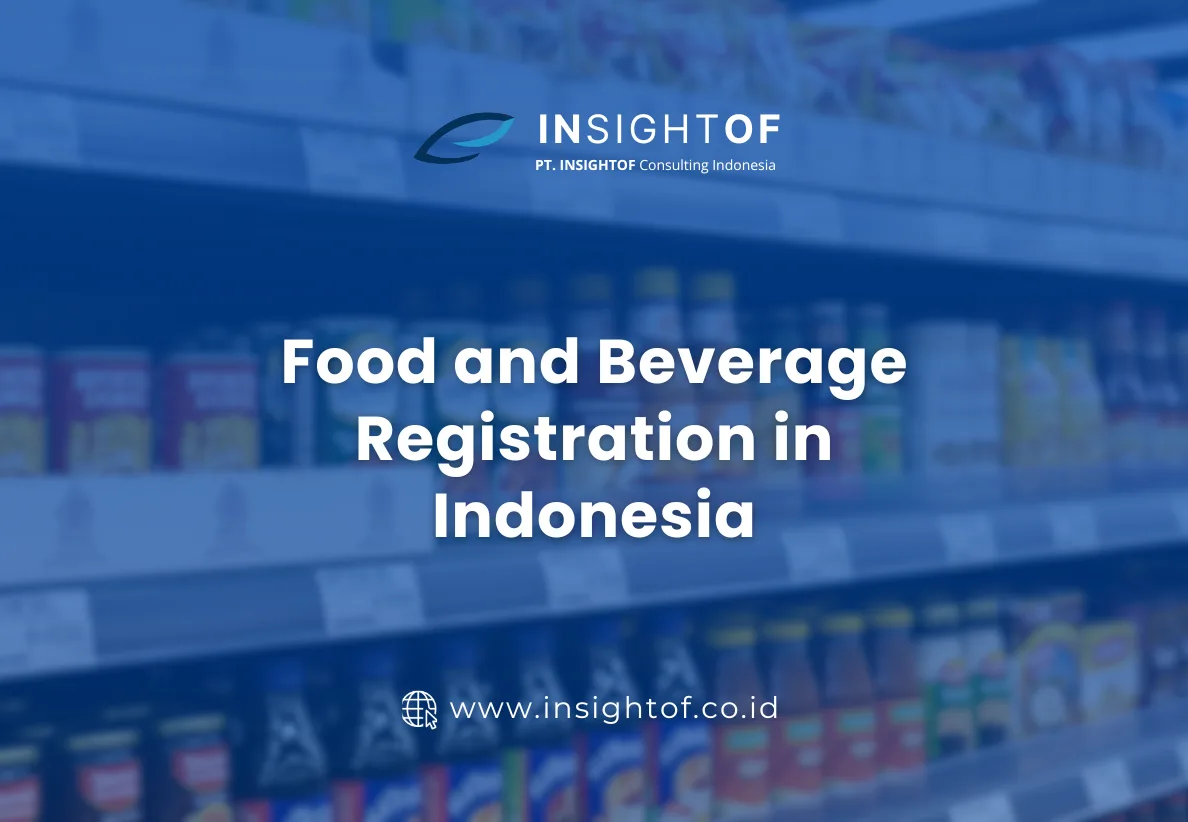


.svg/240px-YouTube_social_red_squircle_(2017).svg.png)
